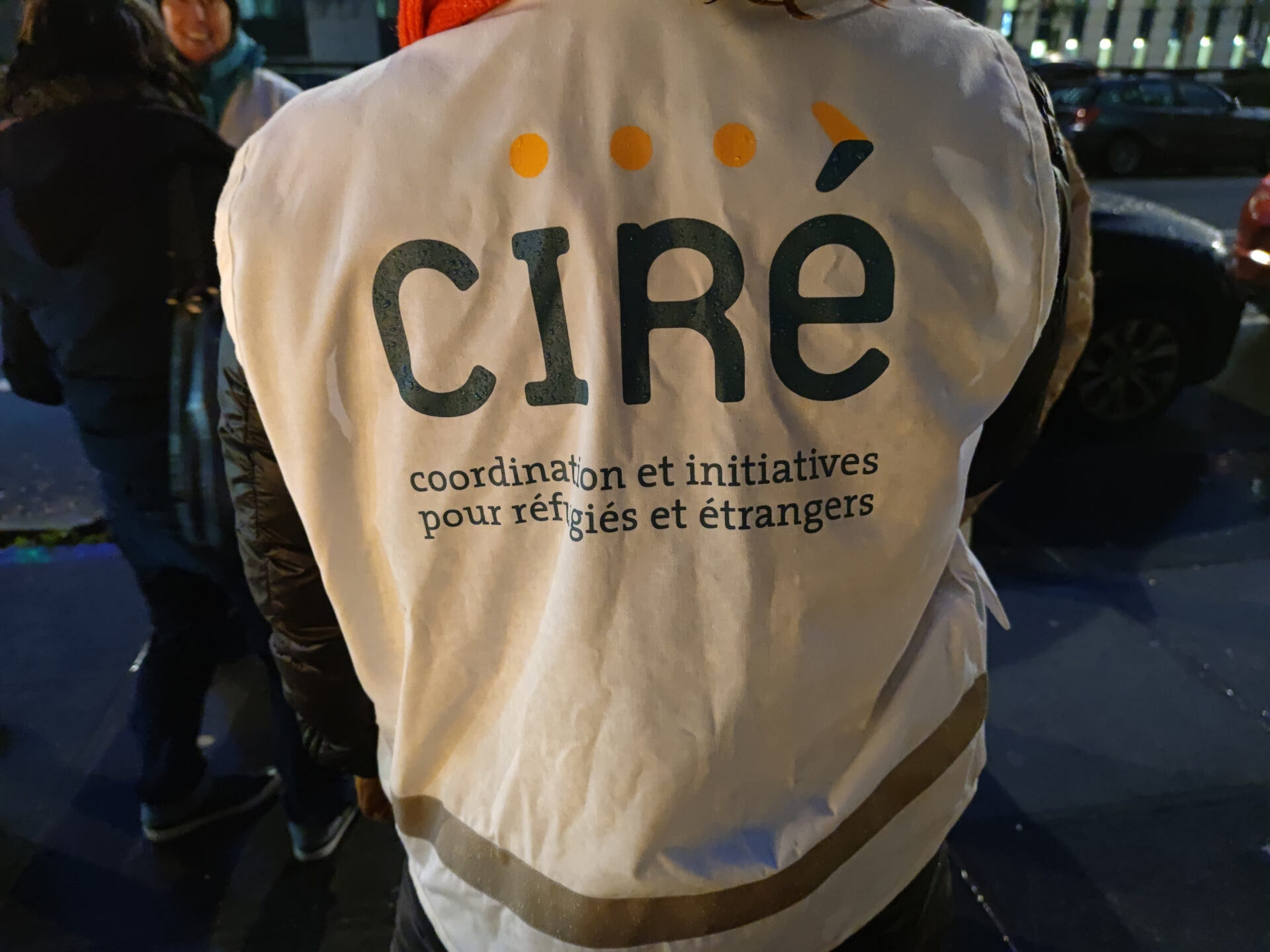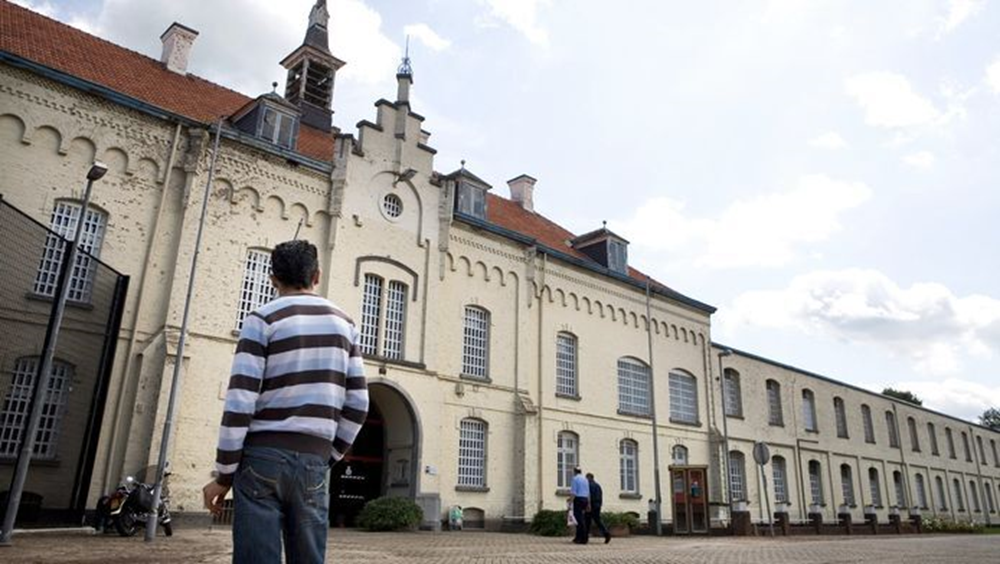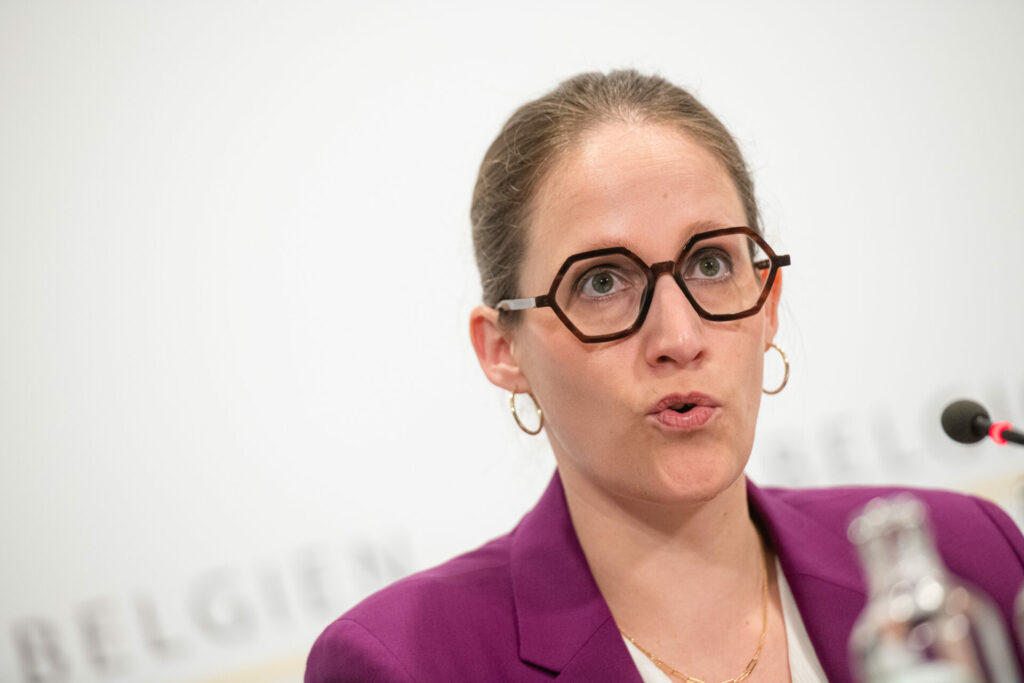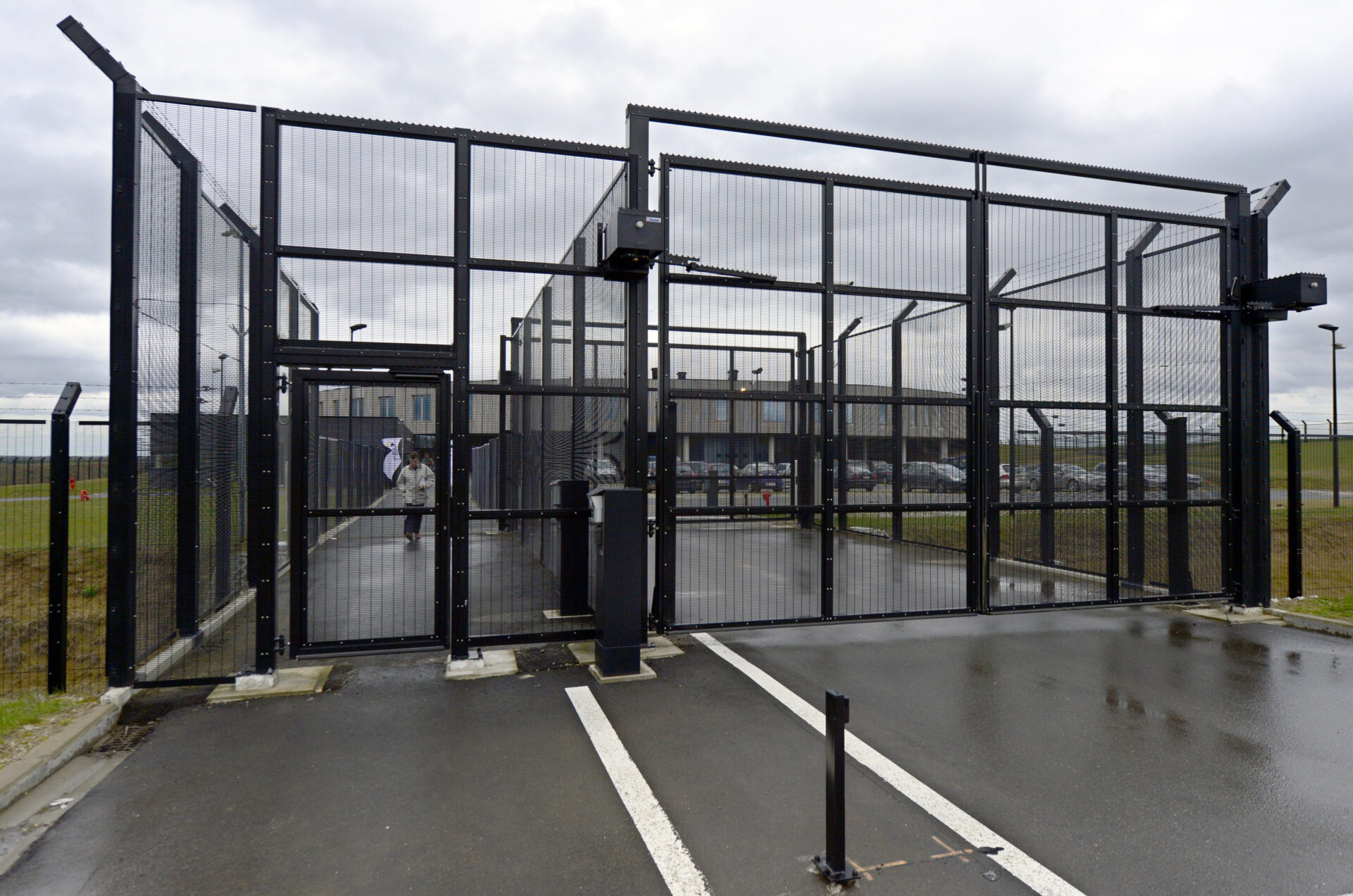In the absence of a standardised monitoring system, detention centres in Belgium allow for an erosion of human rights, with the handful of observers who are allowed restricted access calling out the system's disregard for basic human dignity and the implications for respect of the rule of law in Europe.
Between 6,000 and 8,500 people without papers are detained in Belgian detention facilities every year. Whilst the ultimate aim is to expel these people to their country of origin, failure to identify them means that many are released after around eight months of confinement.
This impractical arrangement and the pointless human suffering it produces has drawn virulent criticism from multiple human rights groups. Move Coalition is one such group. The umbrella organisation for several NGOs organises visits to detainees as a way to provide legal, moral and medical support.
"We [Belgium] don’t seem to care about people’s vulnerabilities," says Ruben Bruynooghe, legal expert and detention centre visitor. "I see pregnant women inside from time to time. The law doesn’t allow for them to be sent back, so why detain them in the first place?"

CIRÉ (Coordination and Initiatives for Refugees and Foreigners) is one of the groups forming Move Coalition. Credit: Belga ' Frédéric Monnaie
On top of violating the rule of law, living conditions within the walls are poor. Despite not having committed a crime, detainees face days, weeks and even months of incarceration with no idea of when they will be released or what the future holds. Buildings are decrepit, dormitories are crowded, and staff shortages are widespread.
In addition, centres are located in isolated areas with limited to non-existent internet access. Families must travel for hours to visit loved ones who are locked up.
For the majority inside, this solitary state of limbo causes mental health to deteriorate rapidly. One man died by suicide on 24 December. His body still hasn't been buried as officials were unable to identify him and so have not been able to notify his family of his death.
'Human presence'
Since 2021, Move Coalition has organised regular visits to Belgium's six detention centres, located in Bruges, 127bis and Caricole (both in Steenokkerzeel, next to Brussels Airport), Vottem, Holsbeek and Merksplas (on the Dutch border next to Turnhout prison).
"The heart of our work is being present in the centres. Not even in a monitoring sense, but as a human presence," explains Bruynooghe, who visits Caricole once a week. "I am not a social assistant, a psychologist or a lawyer. But I am a bit of all three."
Visitors provide a listening ear to detainees who find it easier to open up to someone outside the system that incarcerated them. With a background in criminal and migration law, Bruynooghe can offer advice and ensure their lawyer is aware of any personal details that may help their case.
The focus is also increasingly on medical attention: patients often have difficult relationships with doctors employed by the State. It is feared that these doctors will be more hesitant about administering health certificates that may impact a detainee's case for staying in Belgium.
Guy Verstraeten is a 65-year-old translator and visits Merksplas on a part-time basis. "The job is very difficult sometimes," he acknowledges. "I think that's why they employed an old person like me – young people are full of enthusiasm, but motivation isn't always easy to find. And you don't want to give [detainees] false hope. We aren't a solution that gets them out, we are moral support."

The detention centre at Merksplas. Photography inside the building is banned. Credit: Belga
Move's visits depend on accreditation from the Immigration Office and they do not constitute a valid replacement for comprehensive human rights monitoring. "We are not pretending to fill a gap in the system. Far from it," says Bruynooghe. "There are 92 people in Caricole. I am the only visitor along with one volunteer. We are there to make small observations and we only manage to see about 10% of annual detainees."
The system's impenetrability has raised serious concern, says Myria, an independent public body that compiles statistics on migration. It published a report on detention centres in 2021 calling for increased transparency at every level: improved public access to documents, clearer instruction to detainees about how to lodge a complaint, annual reports on torture and abuse allegations, and the establishment of an independent monitoring committee that reports to Parliament rather than to a governmental agency.
A worrying trend for Europe
The centres have existed since 1989 but their function has evolved in recent years. Now, legal expert Noémi Desguin suspects that they are "misused" as a way to handle asylum seekers rather than as a last resort – a motivation that does not correspond to the legal purpose of detention.
Despite the numerous legal issues and human rights concerns within the pre-existing centres, the Federal Government has announced plans to invest €100 million to open four more. The aim is to double capacity and eventually increase the number of returns to third countries but given the low return rate of detainees thus far, this is a dubious claim.

Asylum and Migration Minister Nicole De Moor (CD&V) has come under fire for draconian measures to curb asylum applications in Belgium. Credit: Belga
"Constructing new buildings will cost the State enormously," says Desguin. "Structural solutions to the reception crisis should be prioritised instead: investment in social support, legal advice as soon as people arrive on the territory, better case management ... a coercive approach will never be sustainable."
The growing trend towards treating asylum procedures from a detention centre is problematic from a moral as well as a legal standpoint, says Bruynooghe. "People asking for protection are already running away from arbitrary detention – and this one feels arbitrary too. It’s a bad first impression of Europe. New arrivals are going to think, 'There are clearly no human rights here'."

